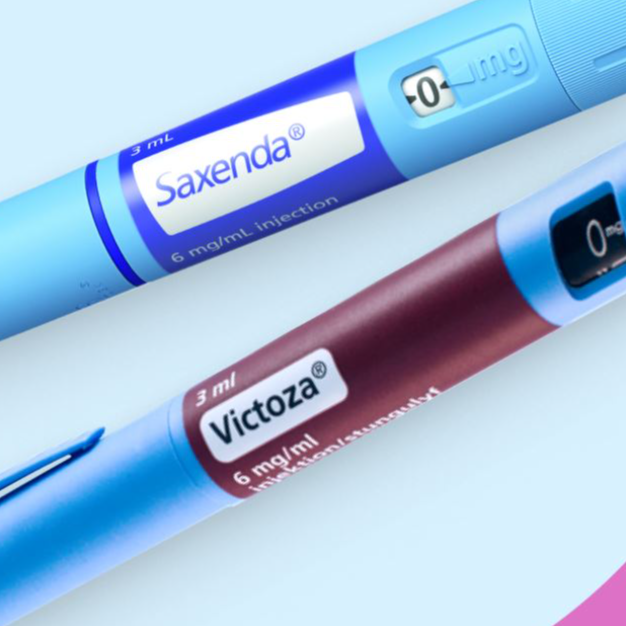In today's world, with increasing sedentary lifestyles and reduced physical activity, many of us seek healthy and effective ways to lose weight. Numerous products and methods have been introduced for this purpose, including Victoza and Saxenda. But are these products and methods truly effective for weight loss? In this article, we examine Victoza and Saxenda.
What is Victoza?
Victoza (liraglutide) is a medication similar to a naturally occurring hormone in the body that helps control blood sugar, insulin levels, and digestion. This drug is used alongside diet and exercise to improve blood sugar control in adults and children aged 10 and older with type 2 diabetes. It may also help reduce the risk of severe cardiovascular problems like heart attack or stroke in adults with type 2 diabetes and heart disease. Victoza is not intended for treating type 1 diabetes.
How Does Victoza (Liraglutide) Work?
Victoza belongs to the GLP-1 agonist drug class, similar to the previously introduced Ozempic. Research and studies have often highlighted Ozempic's effectiveness in weight loss.
What is the Difference Between Victoza and Saxenda?
Both Victoza and Saxenda are brand names containing the active ingredient liraglutide, with differences in dosage. Saxenda is FDA-approved for weight loss, while Victoza is approved for type 2 diabetes. It is essential to consult a specialist before using either medication.
Contraindications for Using Victoza
Do not use Victoza if you have any of the following conditions:
- History of "multiple endocrine neoplasia syndrome" (MEN)
- Personal or family history of thyroid cancer
- Pregnancy
Victoza Dosage
The dosage is determined by your doctor. Victoza is typically injected daily at doses ranging from 0.6 to 1.8 mg, starting low and gradually increasing weekly:
- Initial dose: 0.6 mg daily for the first week
- Maintenance dose: 1.2 mg daily if glycemic control is insufficient
- Maximum dose: 1.8 mg daily
If you miss a dose, do not double up to compensate.
Side Effects of Victoza
Nausea and vomiting, stomach pain
Diarrhea, constipation
Headache, dizziness
Fatigue
Can Victoza Be Purchased with Insurance?
Victoza is purchased out-of-pocket, as it is not covered by any insurance.
References:
https://www.drugs.com/victoza.html
https://www.healthline.com/health/drugs/ozempic-vs-victoza#ingredients












Our Customers' Comments
No comments registered